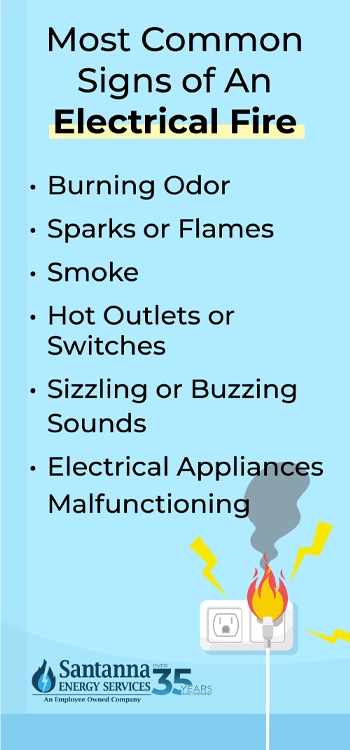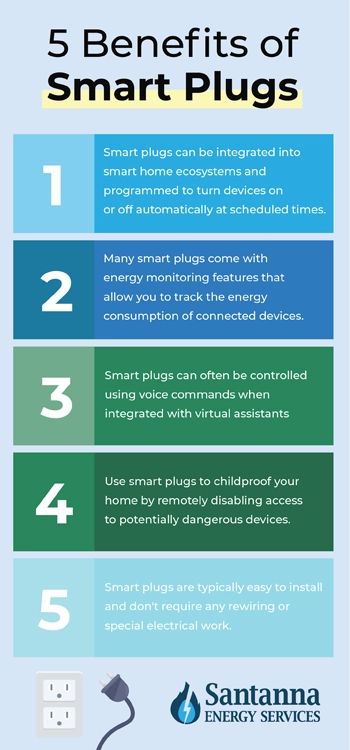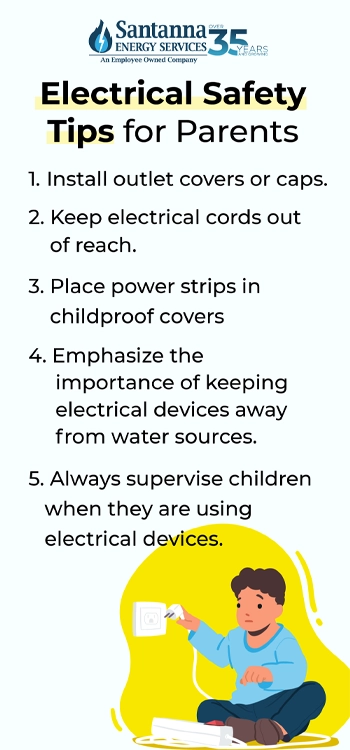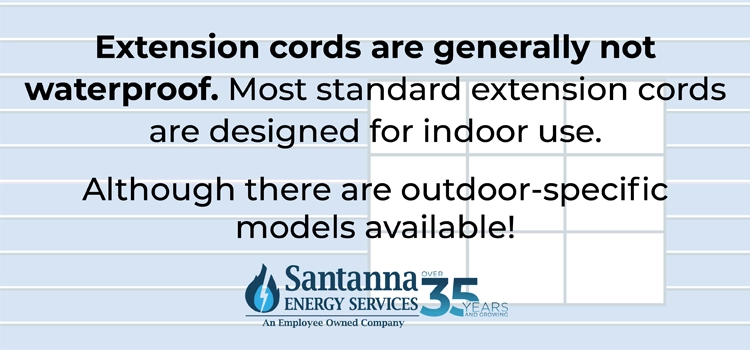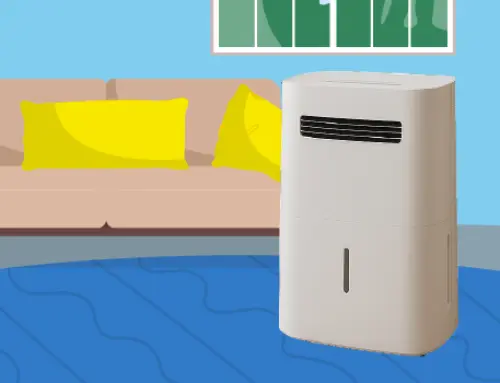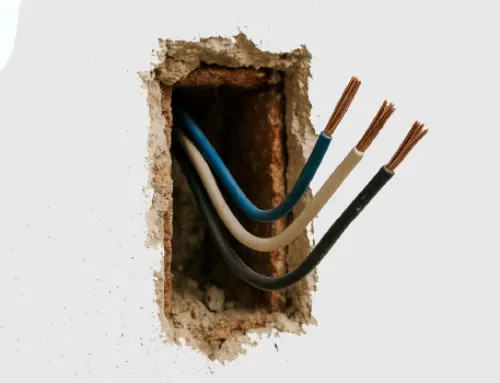10 Electrical Safety Tips New Homeowners Need to Know
by Tyler Castle
10 min read
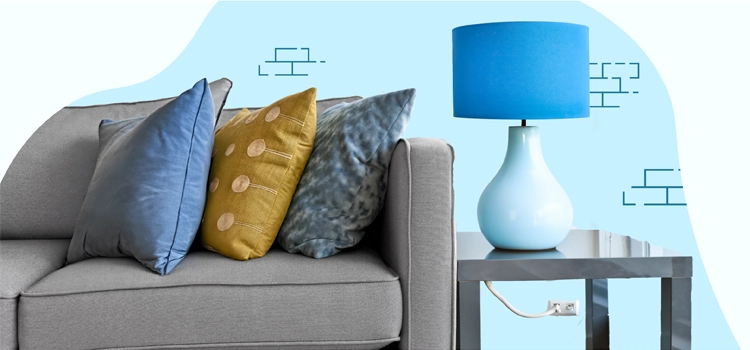
When starting this exciting journey, it’s important to prioritize the safety of your new home, especially with electricity. Whether you’re a first-time homeowner or transitioning to a new place, understanding basic electricity safety measures is paramount. We’ll walk you through ten essential tips to keep your home safe and secure from electrical hazards. Remember these tips to confidently use electricity safely and create a secure space for you and your loved ones!
Key Points of This Article:
- Electrical fires often start from faulty wiring or overloaded outlets, so recognizing warning signs like burning smells or smoke is essential.
- If an electrical fire occurs, you should shut off the circuit breaker, avoid using water, use a proper fire extinguisher, evacuate, and call emergency services.
- Key safety habits include unplugging unused appliances, avoiding outlet overuse, inspecting cords, maintaining smoke detectors, keeping appliances away from water, and giving devices proper ventilation.
- Additional precautions include protecting children, preparing for bad weather with surge protection, unplugging devices safely, and relying on professionals for electrical repairs.
What causes an electrical fire?
According to Electric Safety First.org, more than half of electrical fires start in the kitchen. Various factors, often stemming from faulty wiring, overloaded circuits, or malfunctioning electrical appliances, can cause an electrically induced fire. When electrical systems compromise, they generate excessive heat, potentially igniting nearby combustible materials.
What does an electrical fire smell like?
If there’s an electrical fire and you’re not in the room, it might smell like burning plastic or rubber. In the same way, electrical fires can permeate and release smoke into the air. Recognizing the signs of an impending electrical fire is crucial. Here are the most common signs:
Signs of an electrical fire
How to stop an electrical fire
If you find yourself in the mix with an electrically-triggered blaze, swift action is necessary. Immediately cut off the power supply by shutting off the circuit breaker.
Never use water to douse the flames, as it conducts electricity; instead, use a fire extinguisher. But what type of fire extinguisher should you use? Get a fire extinguisher for electrical fires or a fire blanket to safely extinguish the fire. Evacuate the premises swiftly and contact emergency services for assistance to prevent further damage or harm.
While electrical safety might seem overwhelming, don’t get nervous. We have electrical safety tips to help you build a more secure home! Here are the most common tips you need to know:
1. Unplug appliances when not in use
Unplugging appliances when they’re not in use stands as a fundamental yet highly effective electrical safety measure. Many appliances draw a small amount of standby power even when turned off. People commonly refer to this as “phantom” or “vampire” energy consumption.
If you have faulty wiring or damaged appliances, this continuous trickle of electricity can pose a potential fire hazard. Consider unplugging devices when you’re not using them to prevent electrical fires from faulty connections or short circuits. If you need any more convincing, unplugging appliances can also save you energy. Depending on how many appliances you have, the Department of Energy says you can save $100-200 annually!
2. Don’t overuse outlets
Avoiding outlet overuse is a crucial electrical safety tip that significantly mitigates the risk of electrical fires and hazards. Overloading outlets with multiple plugs can exceed their intended capacity, leading to overheating and potential short circuits. This excess load strains the electrical system, increasing the likelihood of sparks, melted wires, or even fires.
If your energy patterns tend to use a lot of electricity on a daily basis, consider using smart plugs. Smart plugs control the flow of electricity to connected devices, surge protectors that offer energy saving features. Both devices can help lower your energy consumption! If you don’t want to compromise on your energy habits, consider an Unlimited Energy plan for your lifestyle.
3. Regularly inspect your electrical cords
Regularly inspecting electrical cords is an essential electrical safety practice that can prevent potential hazards in the home. Over time, damage can weaken electrical cords, causing exposed wires or fraying. These damaged cords pose a significant risk of electric shock or electrical fires if left unchecked. Regularly checking cords for signs of damage can help you spot potential dangers and act quickly.
Lastly, if you have little kids and pets roaming around your abode, exposed electrical cords can be a safety hazard to them. Hiding your electrical cords is a great way to prevent disaster from striking. Here’s the best way to hide your electrical cords in your home:
1. Cord Concealers or Raceways
Hide electrical cords with cord concealers or raceways for a tidy look on walls or baseboards.
2. Cable Management Boxes
Use cable management boxes or shelves to gather and hide multiple cords, keeping them neat and accessible when necessary.
3. Cord Hiders Behind Furniture
Arrange furniture strategically to hide cords behind sofas, tables, or cabinets to effectively camouflage them.
4. Cord Channels or Wire Tracks
Install cord channels or wire tracks along walls or ceilings to discreetly run and conceal cables.
5. Cord Clips or Holders
Use cord clips or holders to secure cables along the edges of desks, shelves, or furniture.
6. Cord Tunnels or Floor Covers
Employ cord tunnels or floor covers to hide cords running across floors to ensure safety while minimizing tripping hazards.
7. Integrated Furniture Cord Solutions
Invest in furniture pieces or accessories designed with integrated cord management solutions.
8. Custom-built Recessed Outlets
Consider installing custom-built recessed outlets or power strips behind furniture for a more discreet and polished electrical setup.
9. Decorative Cord Covers or Wraps
Opt for decorative cord covers or wraps that complement your decor to conceal your cords.
4. Make sure your smoke detectors are working
Ensuring your smoke detectors are in optimal working condition is an important component of home electrical safety. If you’re wondering how many smoke detectors you need in your home, the number of smoke detectors can vary. As a general guideline, we recommend having one installed on every level of your house. This includes inside each bedroom and in your kitchen where fires can be most common.
Typically, smoke detectors take two or three AA batteries to function. Keep in mind, some smoke detector models may use different batteries or could be incorporated into the home’s electrical system. Be sure to check the model you have in your home to find which batteries you need.
How often should smoke detectors be tested?
Testing your smoke detectors should be done at least once a month. You can test them by pressing the test button to ensure they are working properly. Additionally, it’s crucial to replace the batteries in smoke detectors at least once a year. If your device has a low battery, you’ll hear a chirping sound that alerts you of this issue.
But how often should you replace your smoke detectors? You should replace your smoke detectors every ten years to guarantee their reliability and effectiveness.
5. Protect your children
Protecting your children is not just a great electrical safety tip but it’s a great way to create a secure home environment. Children are naturally curious and often unaware of the potential dangers posed by electrical outlets, cords, or appliances. So, here are our best tips to keep your little one’s safe for electrical hazards:
6. Keep your appliances away from water
Water and electricity do not mix. Water touching electrical outlets can lead to a high risk of electric shock or short circuits. This risk amplifies in environments like kitchens, bathrooms, or outdoor areas where water exposure is common.
By maintaining a strict separation between water sources and electrical appliances, you reduce the likelihood of electrical accidents. To decrease this risk, always ensure your hands are dry before handling electrical devices. And never operate or plug in appliances near sinks, bathtubs, or wet surfaces.
Are extension cords waterproof?
If you need to use extension cords outdoors, it’s essential to choose ones specifically labeled as “outdoor” or “weather-resistant.” These cords are designed with features to protect against moisture, sunlight, and other outdoor elements. Outdoor extension cords typically have a more durable construction with water-resistant materials and may have additional insulation.
7. Give your appliances proper space
Appliances generate heat during operation. If your appliances are too close to walls or curtains blocking airflow, heat buildup can cause issues in your home. Ensuring ample space around appliances allows for better airflow that can prevent overheating.
8. Play it safe during bad weather
Thunderstorms, heavy rains, or strong winds can lead to electrical hazards to your home. Bad weather can cause power outages or long-term damage to your electrical systems. According to the U.S. Department of Energy, the number of weather-related power outages increased by 80% since 2011. To ensure safety during inclement weather, it’s advisable to unplug electronic devices and appliances to prevent potential damage.
Be sure to purchase surge protectors for your electrical cords to ensure bad weather doesn’t harm your home. Additionally, seeking shelter indoors away from electrical equipment aids in minimizing the risk of injury because of lightning strikes.
9. Don’t tug the cord to unplug
Believe it or not, reframing from tugging on electrical cords helps prevent damage to cords, outlets, and appliances. In the same way, repeatedly pulling or tugging on cords can fray or weaken the wires inside your cord. This can lead to exposed wires, short circuits, or even electrical fires.
Exposed wires and frayed cords can also be safety hazards to your family members especially if you have little kids. When you need to unplug an appliance or anything with an electrical cord, be sure to pull from the plug itself for optimal safety.
10. Leave it to the professionals
If you find yourself at odds with an electrical safety hazard, it’s best to call a professional rather than fix the problem yourself. Attempting DIY electrical repairs without adequate expertise can pose severe risks, including electric shocks, fires, or damage to property. Choosing professional electricians for electrical projects remains a prudent decision that emphasizes safety and peace of mind!
How to monitor energy usage in your home
According to the E.I.A, the average American home is powered by 889 kWh per month. This amount might not seem like a lot of energy, but it adds up! Monitoring your energy usage in your home involves several key strategies that can help you track your electricity consumption effectively.
You can start by analyzing your energy patterns. This can help pinpoint areas where energy use might be excessive. Next, conduct a home energy audit to identify areas where you may be wasting energy. This can include identifying such as cracks in your walls or inadequate installation.
Lastly, implementing small energy-saving habits can help reduce overall energy consumption and might even lower your energy bill. To save energy in your home, try turning off lights when not in use or unplugging devices!
As you embark on the journey of settling into your new home, accounting for electrical safety remains paramount. By implementing these electrical safety tips in your home, you can significantly reduce the risk of accidents. Remember, taking proactive steps toward electrical safety is a continuous process. Staying informed and vigilant is key to maintaining a secure and harmonious home!
Santanna Energy Services is a supplier of earth-friendly electricity plans in the United States, providing services to Illinois, Indiana, Pennsylvania, Michigan, and Ohio. We provide a wide range of energy services and products to meet the needs of both residential and small business customers. Our mission is to provide innovative and cost-effective energy solutions that will help our customers achieve their energy goals. With over 35 years of experience, we are committed to creating life-long relationships by providing quality service to customers, communities, and employees.
Tyler is an experienced energy professional, having worked for Santanna Energy Services, for the past four years. He is passionate about renewable energy and believes that diversifying the energy grid is the key to a sustainable future. Tyler is dedicated to supplying consumers with the best possible energy solutions and works diligently to make sure that Santanna can deliver the highest quality service.


